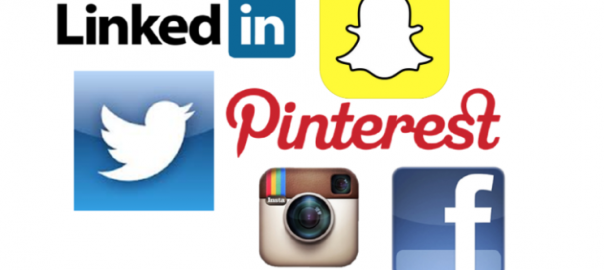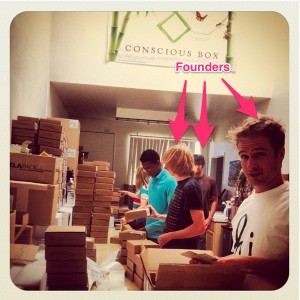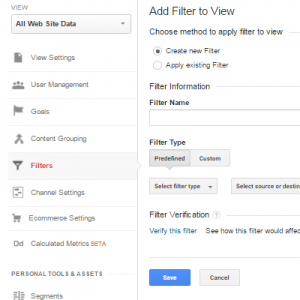
In the early 2000s, I was the drummer for a small rock band. I also booked the shows. I realized early on that success as a rock band — just like anything else — was more about networking and less about talent.
Band promoters are the ones who have the power to get you exposure, especially to groups that you’re not already in front of, so you need to get networked with band promoters.

Myopic Son radio interview circa 2002
In 2002 I dialed the number for a local band promoter that I found on one of his flyers around town. He operated under the pseudonym Joe Miller.
He said, “I don’t know you, but I get calls like this a lot. If you help me out on my street team, I’ll take another look at your band. You can volunteer to stand outside venues and hand out flyers and demo CDs of other bands before my shows.”
I was more than willing to serve on Joe’s street team, but with so many other bands calling him, he already had a volunteer waitlist that was several months long.
So I asked him what else he needed.
“I guess I need a website,” Joe said.
Joe was in the business of selling tickets directly to consumers. He didn’t like losing a cut of his profits to Ticketmaster, so he wanted a website that would help him sell more tickets. He also wanted to include a button that would allow visitors to play the most famous song from a band in case they didn’t recognize the band name.
I posed to Joe, “Ok, so you want to play a song on your website. What’s your budget?”
“What do you mean?” He asked. “I thought this was quid pro quo.”
“No Joe, I’m not going to charge you,” I said. “But what’s your bandwidth budget? You’re going to have to send a song file ALL the way across the Internet. That costs money.”
Remember, this was 2002, long before YouTube, Spotify or Shazam.
To build this website, Joe was going to need a lot of bandwidth. In order to include bands’ music on his website, Joe would have to pay a fee every time a visitor played a song.
Now that exchange may sound comical today, but at the time, it was the only option. And because of that, Joe opted in immediately, without a second’s hesitation. He was an early pioneer in digital marketing, and he wasn’t hamstrung by choosing between investing in eight different social media platforms.
This experience taught me two valuable lessons about marketing my band, which later spilled over into marketing my brand.
- When you have too many options, it’s easy to get apathetic and never pull the trigger. When there’s only one option, you are free from the paralysis of choice.
- The best way to get your own story out there is to help tell other people’s stories. By building Joe a marketing website, we were helping him tell the exact story he wanted to tell (‘I bring bands to town that you love.’) In turn, Joe helped my band get into the venues and perform for the audiences we wanted.
It would be much easier, and much cheaper, to build Joe’s website today using links to YouTube or Spotify. But with so many options available, building his digital media strategy would be harder, not easier.
I speak regularly to groups of marketing executives about social media strategy. The number one request I get ahead of these speaking engagements is to enlighten the group about the emerging platforms. They ask me, “What’s the next platform that I don’t even know about yet?”
But here’s the problem. They haven’t even mastered the platforms that are already available, so why should they immediately try to jump onto the next one? They’re struggling with the stress of opportunity. They won’t commit to any one strategy on any one platform because they second guess their decisions.
How do you get past this paralysis? Simple. Pick one strategy that works across all platforms, and then pick the platforms that make sense based on the demographics of your customers.
OK, but what’s one strategy that will work on any platform? Remember my experience with my band?
The best way to get your own story out there is to help tell other people’s stories.
You don’t want to be the guy in the band wearing his own band’s T-shirt. Everyone in the audience already knows the band you’re in. That’s why they’re at your show. Use your time on stage to help highlight someone else’s band.
It’s not always about what you say. It’s more about how you react to what other people say. Take every opportunity you can to promote other people in a way that provides context and meaning to your audience. This is not the same thing as just offering meaningless “shoutouts” to other brands or leaders in your industry. Introduce your audience to the people, organizations and ideas that they need to know about, or that could solve their problems.

New technology or new platforms should never change your strategy.
Use your voice and your influence to provide PR for other people. Fit your message to the platform and you will gain gratitude and respect from your audience. That’s the only social media strategy you’ll ever need.
Digital & Social Articles on Business 2 Community(43)
Report Post




